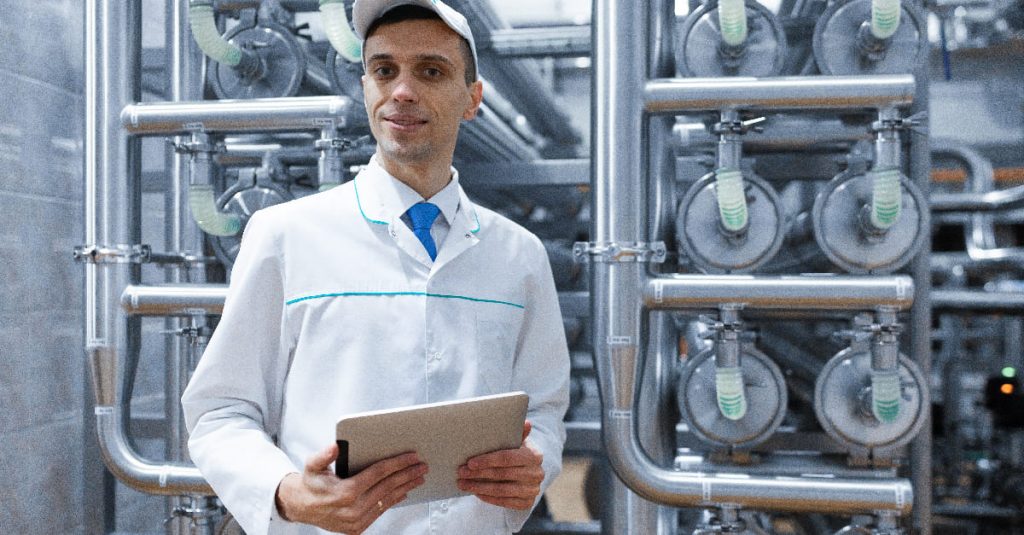Access to safe water is essential for health, hygiene, and sustainable development. In Bangladesh, where water sources vary widely and are prone to contamination, ensuring the safety of water supplies is a significant challenge. Water sampling plays a critical role in monitoring and maintaining water quality, protecting public health, and guiding water treatment practices.
This blog explores the importance of water sampling, its procedures, and its relevance in Bangladesh, where water safety is crucial for communities, industries, and ecosystems.
Understanding Water Sampling
Water sampling is the process of collecting water from various sources to analyze its quality and composition. It is an essential step in identifying contaminants, assessing compliance with regulatory standards, and determining the effectiveness of water treatment processes.
Using specialized water sampling equipment, professionals can obtain accurate data about a water source’s physical, chemical, and biological characteristics. This information is vital for detecting pollution, monitoring environmental health, and ensuring the safety of drinking water supplies.
Why Water Sampling is Crucial for Bangladesh?
Bangladesh faces unique water challenges, including pollution from industrial discharge, agricultural runoff, and urban wastewater. Additionally, the country’s reliance on surface water and groundwater exposes communities to risks such as arsenic contamination and microbial pollution.
Regular water sampling helps:
- Identify contaminants in drinking water sources.
- Monitor wastewater discharge from industries and municipalities.
- Evaluate the effectiveness of water treatment plants.
- Ensure compliance with national and international water quality standards.
- Protect ecosystems by assessing the impact of pollutants on rivers, lakes, and wetlands.
Applications of Water Sampling in Bangladesh
- Drinking Water Safety:
Water sampling ensures that drinking water sources meet quality standards, protecting communities from waterborne diseases.
- Industrial Monitoring:
Industries use water sampling to monitor raw water quality, manage wastewater, and prevent environmental pollution.
- Agricultural Impact:
Sampling water from irrigation systems helps assess the presence of contaminants that may affect crop health and soil fertility.
- Research and Development:
Universities and environmental organizations use water sampling to study pollution trends and develop sustainable water management strategies.
- Disaster Response:
During floods and cyclones, water sampling identifies contamination risks, enabling timely interventions to safeguard public health.
Ion Exchange’s Impact on Sustainable Water Management
Ion Exchange is a global leader in water treatment and purification solutions, playing a pivotal role in conserving water resources and ensuring safe water supplies. The company offers various services, including water sampling and analysis, to help industries, municipalities, and communities monitor and improve water quality.
Water Treatment Solutions
For over six decades, Ion Exchange has delivered an extensive range of advanced water treatment solutions to industries, institutions, municipalities, and communities worldwide. Their solutions cover every stage of water treatment, including clarification, filtration, disinfection, and post-treatment processes, ensuring water meets stringent quality standards for various applications. Their offerings include:
Process Separation and Purification
Ion Exchange has pioneered the innovative application of membrane and ion exchange processes for separation, purification, and concentration needs across industries, including food and beverages, dairy, pharmaceuticals, and chemicals. These technologies have enhanced process fluid separations, improved product quality, and addressed the removal of specific contaminants from groundwater, surface water, and complex wastewater.
Conclusion
Water sampling is a fundamental component of quality control for any industry that relies on water for production or discharge. Through consistent sampling and adherence to proper water sampling procedures for chemical analysis, industries can maintain water quality, ensure regulatory compliance, and protect the environment. By using appropriate water sampling equipment and conducting regular wastewater sampling, organizations demonstrate their commitment to safety and sustainability.
Connect with Ion Exchange’s water treatment specialists for expert guidance on selecting the best water sampling equipment.


